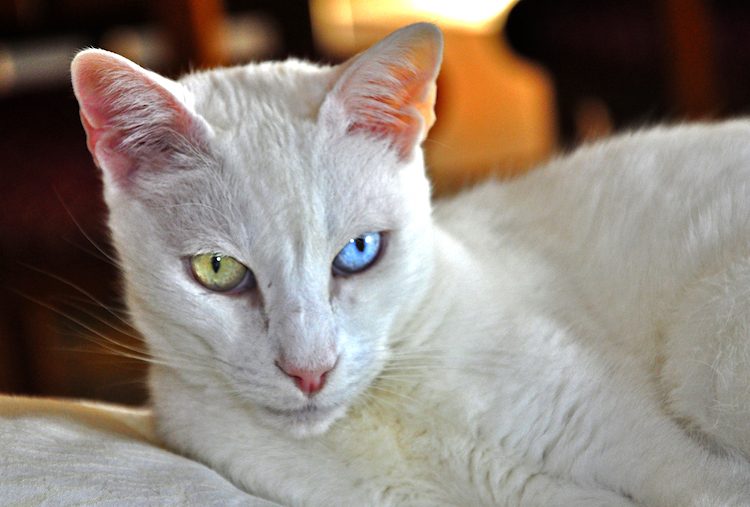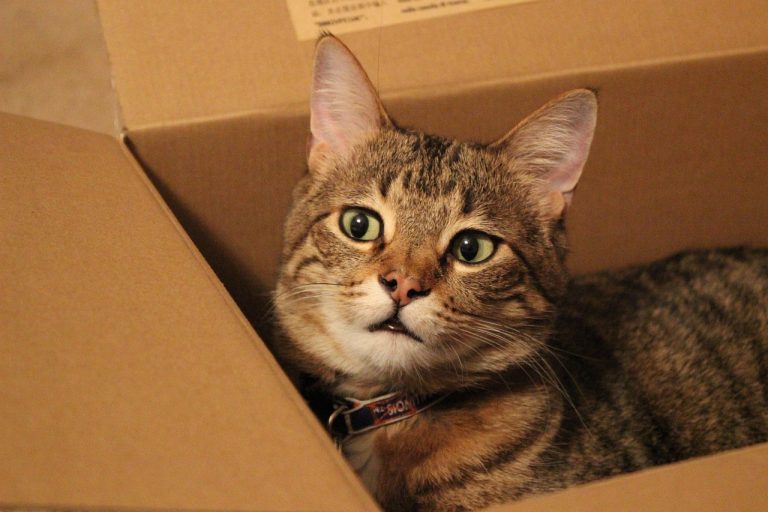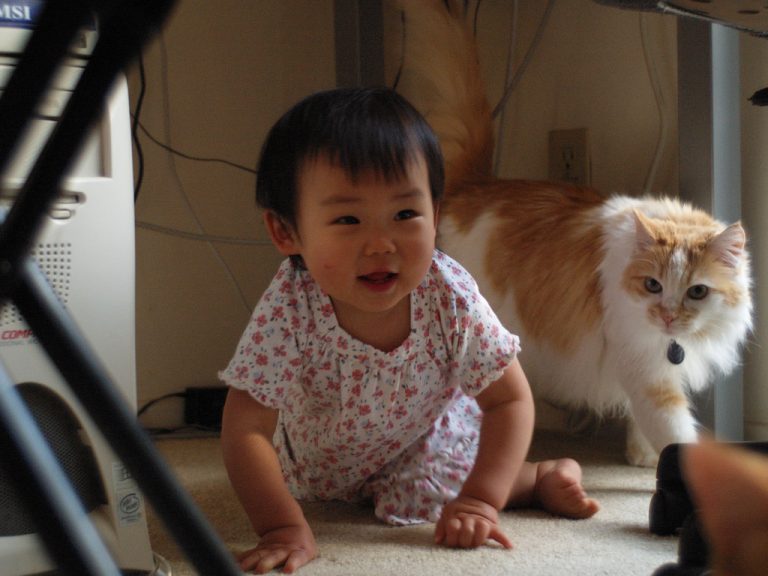5 Things to Know About Turkish Vans
Turkish Vans are often called “swimming cats” because they love to play in water. These large cats are active and fun, but they can also be a bit clumsy.

Don’t Guess When It Comes To Your Pet’s Care


Don’t Guess When It Comes To Your Pet’s Care
1. Key Characteristics of Turkish Van Cats
- Weight: 10–20 pounds for males; 7–12 pounds for females
- Life Expectancy: 15 years
Turkish Vans are large, active cats who love water — so much so that they have been called the “swimming cats.”
They reach full maturity at 3–5 years old and have long, plumed tails.
Their eyes are fascinating. They can be amber, blue or odd-eyed (heterochromia iridum).
The coat is semi-long with no undercoat. It’s also waterproof and soft, repelling dirt and water. The outer coat can shed to grow a shorter coat in hot climates. Alternatively, hair growing between the paw pads protects the feet in colder climates.
Turkish Vans’ coat color is usually white with patches of color on the head and tail. The patches may be any standard color but are usually auburn.
2. Where Turkish Van Cats Came From
The history of the Turkish Van dates to the Middle Ages.
They lived in isolated mountains in the Eastern Anatolian region, which probably prevented their unique features from changing over time. In the 1950s, English tourists visiting Turkey brought 2 cats back to Great Britain, and the breed continued to flourish.
The cats were named Turkish Vans to avoid confusion with the Turkish Angora cat breed. The cats are considered rare treasures in their area of origin and can be difficult to export.
The International Cat Association recognized the breed and awarded it championship status in 1979.
The first Turkish Vans appeared in the United States in 1982.

3. How Friendly Are Turkish Van Cats?
Turkish Vans are intelligent, curious, affectionate and active cats.
They’re known to follow people from room to room, and they get along with other animals — dogs included.
Sad news for cat cuddlers, though: Turkish Vans have great personalities, but they usually don’t like to be held for very long. Although they’re affectionate, they prefer to come to you for attention rather than the other way around.








